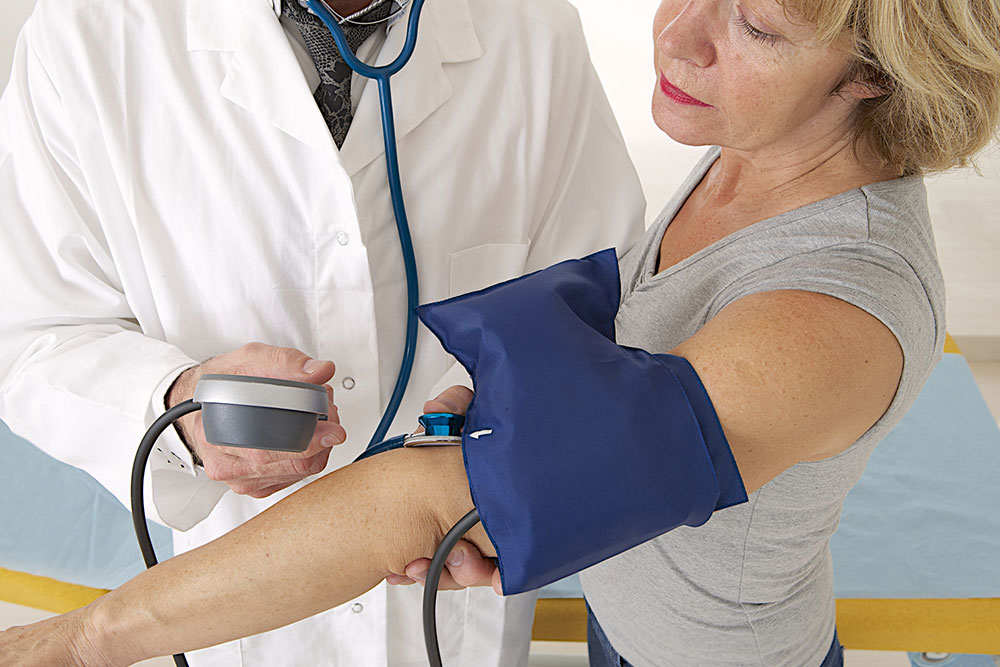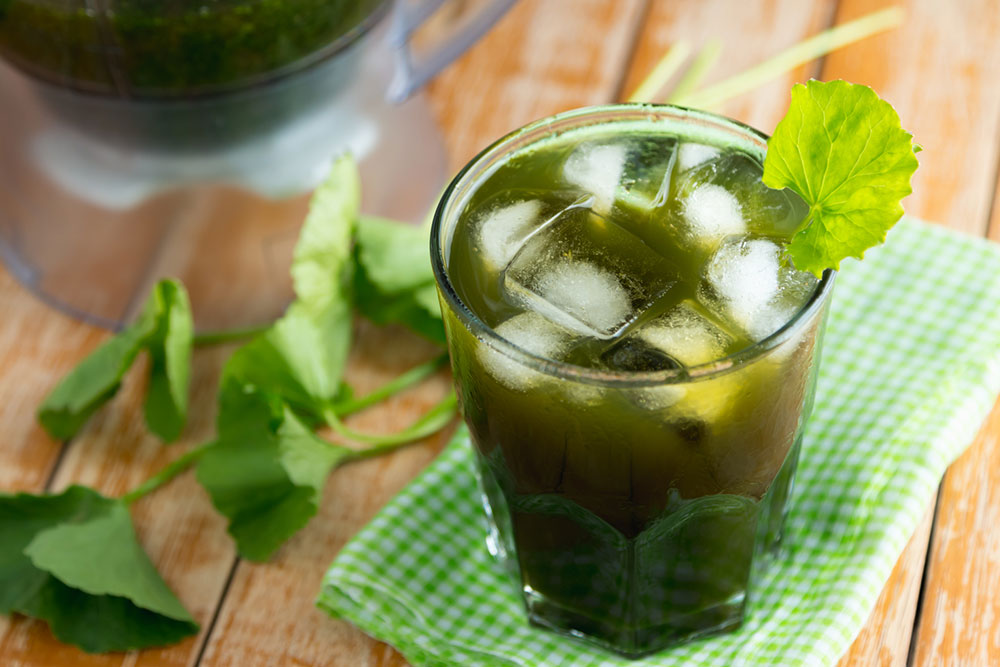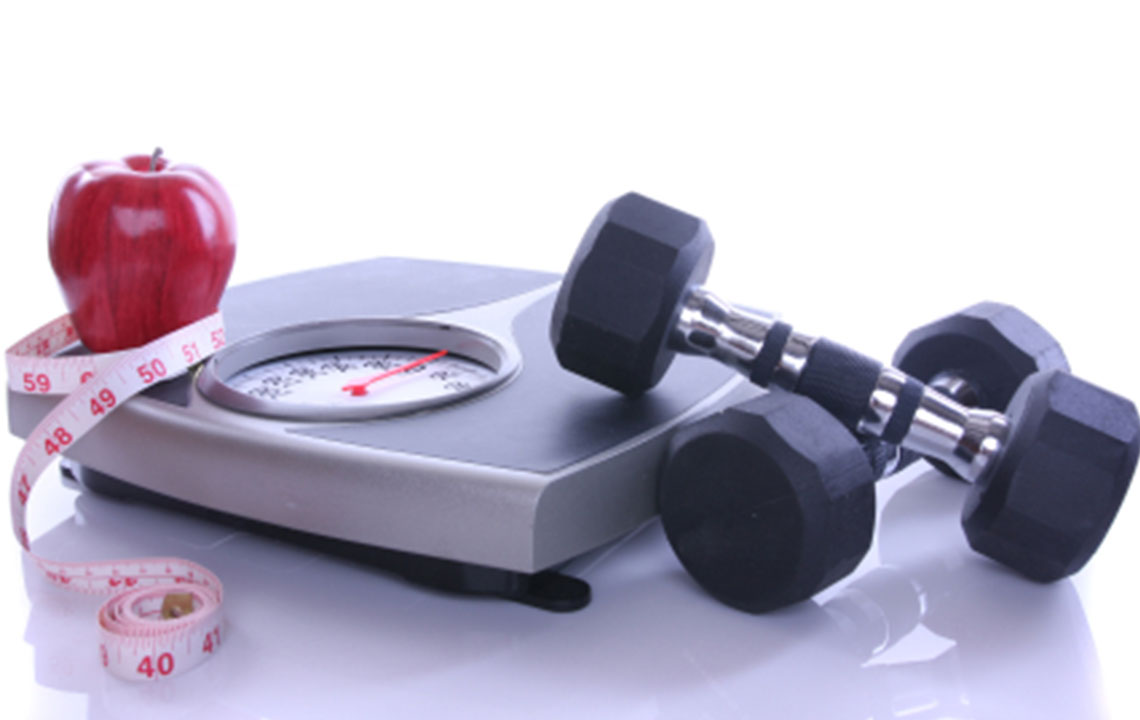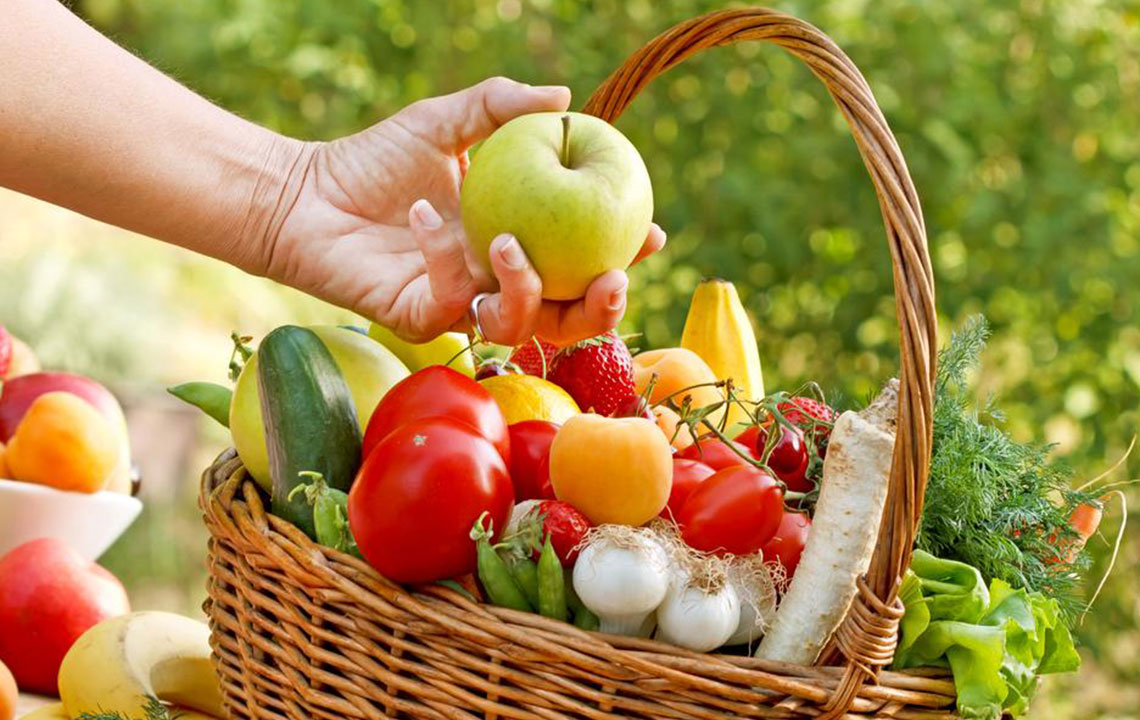Comprehensive Natural Approaches to Effectively Reduce Hypertension
Learn effective natural strategies to lower hypertension through lifestyle changes, diet adjustments, and stress management. This comprehensive guide covers practical tips like exercise, weight control, and dietary improvements to help manage blood pressure safely and effectively, reducing reliance on medication. Discover how simple lifestyle modifications can significantly improve cardiovascular health and promote long-term wellness.

Comprehensive Natural Approaches to Effectively Reduce Hypertension
High blood pressure, or hypertension, is a prevalent condition that significantly increases the risk of heart disease, stroke, and other health complications. While medications are commonly prescribed to manage hypertension, many individuals seek natural, lifestyle-based strategies to control their blood pressure effectively without relying solely on drugs. Adopting healthy habits, improving diet, and engaging in regular physical activity can make a substantial difference in managing hypertension. This article explores proven natural methods that can help lower blood pressure and promote overall cardiovascular health.
Embrace Regular Physical Activity
Consistent exercise plays a crucial role in maintaining healthy blood pressure levels. Activities such as brisk walking, jogging, swimming, cycling, dancing, or even gardening can enhance cardiovascular function. The key is to engage in at least 150 minutes of moderate-intensity aerobic activity or 75 minutes of vigorous activity weekly, as recommended by health authorities. Incorporating breathing exercises, yoga, and meditation can further reduce stress and improve blood vessel function, amplifying the benefits. Regular movement not only strengthens the heart muscle but also helps to keep arteries flexible, reducing resistance to blood flow.
Achieve and Maintain a Healthy Body Weight
Excess weight, particularly around the abdomen, significantly raises the risk of hypertension. Obesity contributes to increased arterial stiffness and strain on the heart. Even modest weight loss—around 5 to 10 pounds—can lead to noticeable reductions in blood pressure. Men with waistlines exceeding 40 inches and women with waistlines over 35 inches are at elevated risk for hypertension. Combining dietary modifications with physical activity creates a synergistic effect that facilitates weight loss and blood pressure control. Focus on a balanced lifestyle that promotes gradual, sustainable weight management.
Adopt a Heart-Healthy Diet
Nutrition has a direct impact on blood pressure levels. Emphasize consumption of whole grains, fresh fruits, vegetables, nuts, seeds, lean proteins, and low-fat dairy products. The Dietary Approaches to Stop Hypertension (DASH) diet is particularly effective, emphasizing foods rich in potassium, magnesium, and calcium, which help relax blood vessels and lower blood pressure. Limiting saturated fats, trans fats, processed foods, and foods high in cholesterol can significantly improve vascular health. Proper nutrition can reduce systolic blood pressure by up to 14 mm Hg, making it a vital component of natural hypertension management.
Minimize Sodium Intake
Reducing salt consumption is one of the most impactful lifestyle changes for lowering blood pressure. Processed foods, fast foods, canned soups, and snack items often contain excessive sodium. Cutting down on these, while cooking with herbs and spices instead of salt, helps control sodium levels. The goal is to limit daily sodium intake to less than 2,300 milligrams, ideally aiming for 1,500 milligrams for better results. Lowering salt intake can lead to significant reductions in blood pressure, especially in salt-sensitive individuals.
Enjoy Dark Chocolate and Moderate Alcohol Consumption
Small quantities of dark chocolate, particularly varieties with at least 70% cocoa content, contain flavonoids that can improve blood vessel function and lower blood pressure. Consuming small amounts—about 1 to 2 ounces daily—may provide cardiovascular benefits. Similarly, moderate alcohol consumption, such as two glasses of wine per week, has been associated with slight reductions in blood pressure. However, excessive alcohol intake can raise blood pressure; thus, moderation is key. Always consult with healthcare professionals before making changes to alcohol consumption.
Quit Smoking for Cardiovascular Health
Smoking causes temporary spikes in blood pressure and damages blood vessel walls, accelerating atherosclerosis. Quitting smoking benefits overall lung and heart health, reducing the risk of hypertension-related complications. Nicotine and other chemicals in cigarettes contribute to increased vascular resistance. Quitting can lead to long-term improvements in blood pressure control, and cessation programs, behavioral therapy, and support groups can significantly aid in overcoming nicotine dependence.
Opt for Tea Instead of Coffee
While caffeine might cause short-term increases in blood pressure, herbal teas such as hibiscus, chamomile, or green tea can have relaxing effects on blood vessels. These teas contain natural antioxidants that support vascular health. Limiting coffee intake, especially in sensitive individuals, helps prevent spikes in blood pressure and promotes cardiovascular stability. Integrating tea into daily routines can be a soothing and healthful alternative, enhancing overall well-being.
Implement Effective Stress Management Techniques
Chronic stress is a significant contributor to elevated blood pressure. Developing techniques to manage stress can dramatically improve blood pressure readings. Practices such as mindfulness meditation, deep breathing exercises, progressive muscle relaxation, and yoga help activate the parasympathetic nervous system, promoting relaxation. Engaging in hobbies, maintaining social connections, and ensuring adequate sleep are also crucial for reducing stress levels. A proactive approach to stress management reduces the secretion of stress hormones like cortisol and adrenaline, which can constrict blood vessels.
In conclusion, controlling hypertension naturally involves a comprehensive lifestyle approach. Combining regular exercise, healthy eating, weight management, sodium reduction, moderation in alcohol and chocolate intake, smoking cessation, and stress management creates an effective strategy for lowering blood pressure safely and sustainably. While these methods are supported by scientific research, individuals should consult healthcare providers to tailor interventions suited to their specific health needs. Embracing these natural strategies not only helps in managing hypertension but also promotes overall heart health and longevity.





